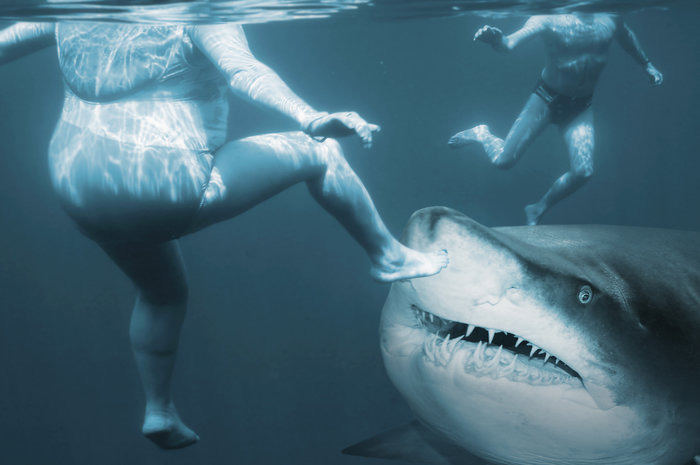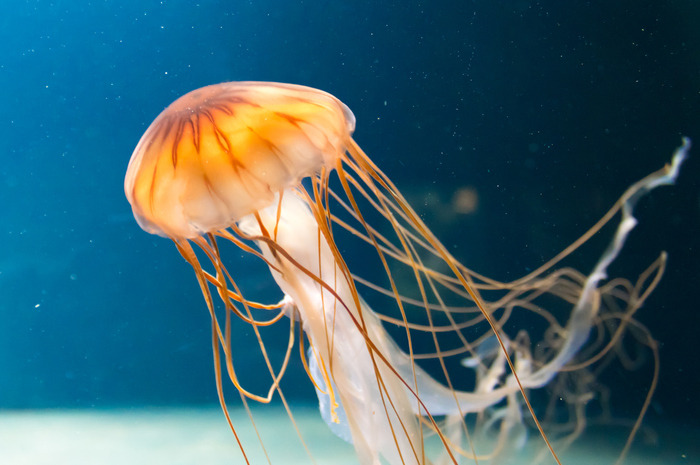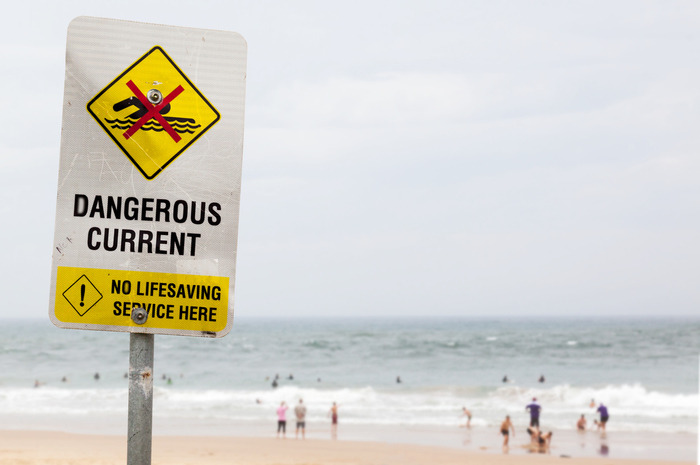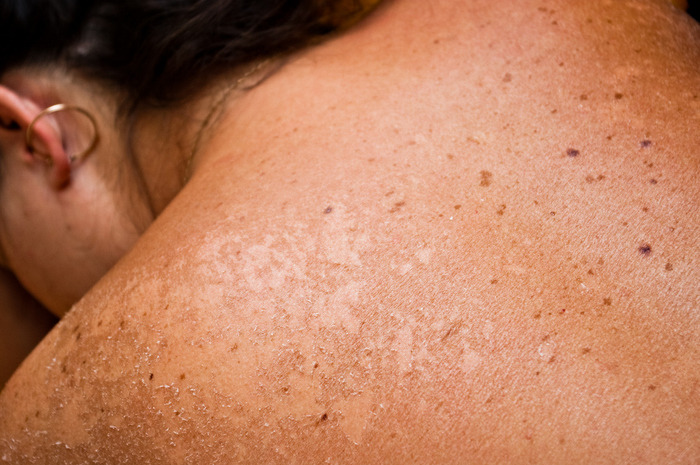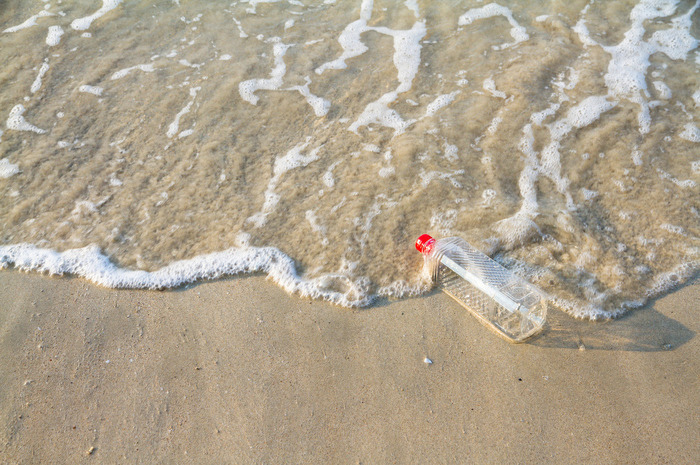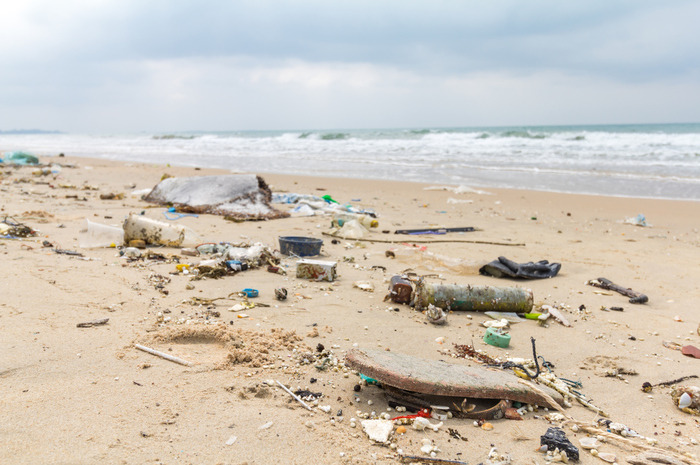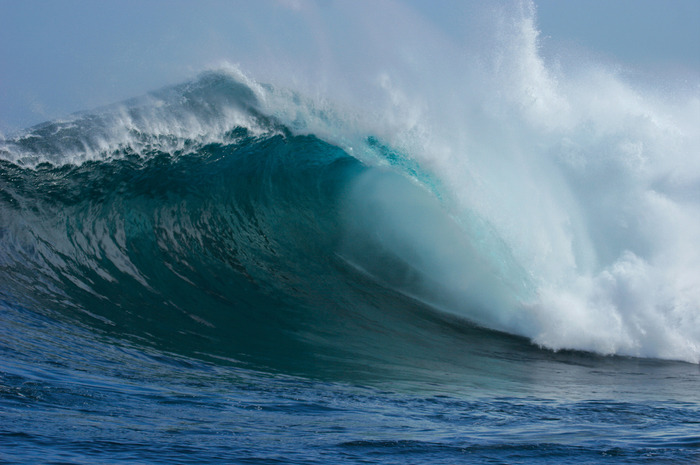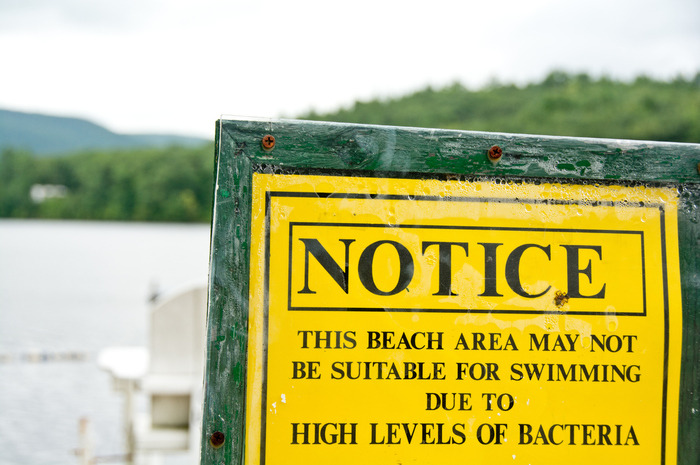10 Ways The Beach Can Kill You
10 Ways the Beach Can Kill You
When we think of the beach we usually think about relaxing under the sun, participating in water sports, swimming in the ocean and playing in the sand. Yes, it all sounds great, and it usually is, but in some cases these things may actually harm you.
Overexposure to the sun can lead to heatstroke and sunburn, surfing deep in the ocean may put you at risk for a shark attack, and playing with the kids by the ocean shore may result in a jellyfish sting.
Did you know that simply digging holes in the sand can be deadly? According to ABC News, a new report revealed that digging holes in the sand – even shallow ones can collapse and kill you. They explain, "researchers found 52 cases of sand-hole collapses in the United States and three other countries – Australia, Great Britain and New Zealand. Sixty percent of the victims – 31 people – died, while many of the others needed rescuing and CPR."
Keep reading to find out 10 more ways the beach can kill you.
1. The Heat
The sun is extremely powerful. It sends off intense heat and when your body is unable to handle it, overheating and heat stroke may occur. Heat stoke is a life-threatening emergency. It has the ability to cause rapid pulse, possible loss of consciousness, confusion and rapid, shallow breathing.
2. Shark Attacks
With over 400 known species of sharks living in our oceans today, it's no wonder we, humans, find ourselves swimming in fear. According to National Geographic, "each year there are about 50 to 70 confirmed shark attacks and 5 to 15 shark-attack fatalities around the world. The numbers have risen over the past several decades but not because sharks are more aggressive: Humans have simply taken to coastal waters in increasing numbers."
3. Jellyfish
As the temperature gets warmer, jellyfish are found closer to the shore. Therefore, the warmer the ocean, the higher the possibility of encountering a jellyfish. A jellyfish sting can cause headaches, vomiting, muscle spasms, an allergic reaction, chills, fever and difficulty breathing.
4. Rip Currents
Rip currents are caused when waves break near the shoreline. They have been known to cause deaths due to drowning. According to research, "drowning deaths occur when people pulled offshore are unable to keep themselves afloat and swim to shore. This may be due to any combination of fear, panic, exhaustion or lack of swimming skills."
5. Sunburn
Lying in the sun is extremely relaxing, but too much sun is hazardous. When you feel your skin heating up and you start seeing redness occur make sure you put on some extra sunblock or completely remove yourself from the sun. Exposure to too much sun can lead to sun poisoning. This can lead to dehydration, dizziness, chills, fever and pain; all of which may require immediate hospitalization.
6. Polluted Water
Ocean pollution spreads harmful substances such as plastic, oil, chemical particles and agricultural waste. If you decide to swim in an ocean full of pollution you are putting yourself at risk for disease. Swimming in the ocean with harmful algal bloom can cause rashes, stomach or liver illness, respiratory problems and neurological affects, according to the U.S. Environmental Protection Agency. Not to mention, if you eat seafood that has been poisoned you are at risk for hepatitis.
7. Contaminated Sand
Ocean pollution is not the only type of pollution you need to worry about. According to ABC News, "a newly published study says even the sand may not be safe from dangerous bacteria, and can potentially re-contaminate the water."
8. Tsunamis
If you are visiting a beach in an area that is known for earthquakes or volcanic eruptions, you may experience a deadly tsunami. Tsunami waves are fast; they come to the shore, increasing in height and have the ability to destroy anything they hit – including humans.
9. Shorebreak
Shorebreaks are unpredictable, they can be extremely dangerous. The power of a shorebreak can cause injuries to the cervical spine. Tip: Make sure to speak with a lifeguard before heading into the ocean – ask what the conditions of the water are like.
10. E. Coli
One of the most common reasons for beach closings is due to E. coli. According to research, "E. coli is found in animal feces and makes its way into our lakes and ponds through rainwater runoff." People who ingest E. coli by swallowing water can experience fatigue, fever, stomach cramps and diarrhea. In more severe cases E. coli can cause bloody urine, decreased urine output, pale skin, bruising and dehydration (Healthline).
